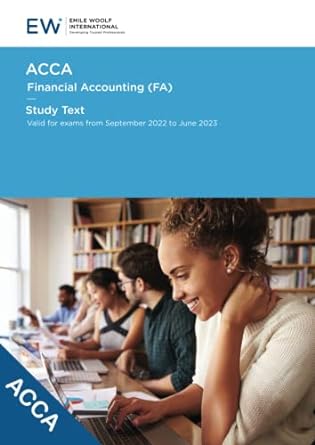Throughout the audit process, the internal auditors gather facts. They are supported by written documents or verbal statements. They are called evidence, work papers, supporting
Throughout the audit process, the internal auditors gather facts. They are supported by written documents or verbal statements. They are called evidence, work papers, supporting documents, or in general, documentationsetc.
In the real world, there is no rule regarding the amount of evidence that the auditor should or must collect. In writing the audit report, unlike the external auditor, there is no pre-set template. The internal auditor is not required to follow a specific format. Pictures, graphs, and tables, just to name a few, are allowed in internal audit reports but not in external audit reports. All these are subject to the individual company policy and internal audits philosophy and art. Sampling technique is also used; however most of the auditors use judgmental sampling more than statistical sampling.
Given the above stated statements, a number of auditors argued that;
- The external auditor (the CPA) has to over document their audit process in anticipation of unexpected law suit by a client or the public, contrary to the internal auditor who does not expect any law suit by any insider (auditee). Therefore why document the audit?
- Maintaining all supporting working papers in an electronic format will impose problems related to filing, storing, and retrieving the historical working papers as a result of changes in applied software. Consequently, all audits should be maintained in dual format (hard copy and electronic copy).
- The internal auditor should be allowed to use a recording device (tape recorder or other media) to record the auditees interviews without any legal consequences.
- If the auditee accepted the findings and recognized them, why internal auditors should waste their time documenting the audit findings and propose corrective actions? This is a waste of paper and needless cost of storing them.
- There is no need to write an audit report. A verbal presentation to top management at the end of the audit process will suffice.
- The internal audit report should be considered a public information and available to the public upon request.
Search, discuss the pros and cons of the six arguments stated above and in addition express your opinion/reference.
Step by Step Solution
There are 3 Steps involved in it
Step: 1

See step-by-step solutions with expert insights and AI powered tools for academic success
Step: 2

Step: 3

Ace Your Homework with AI
Get the answers you need in no time with our AI-driven, step-by-step assistance
Get Started


